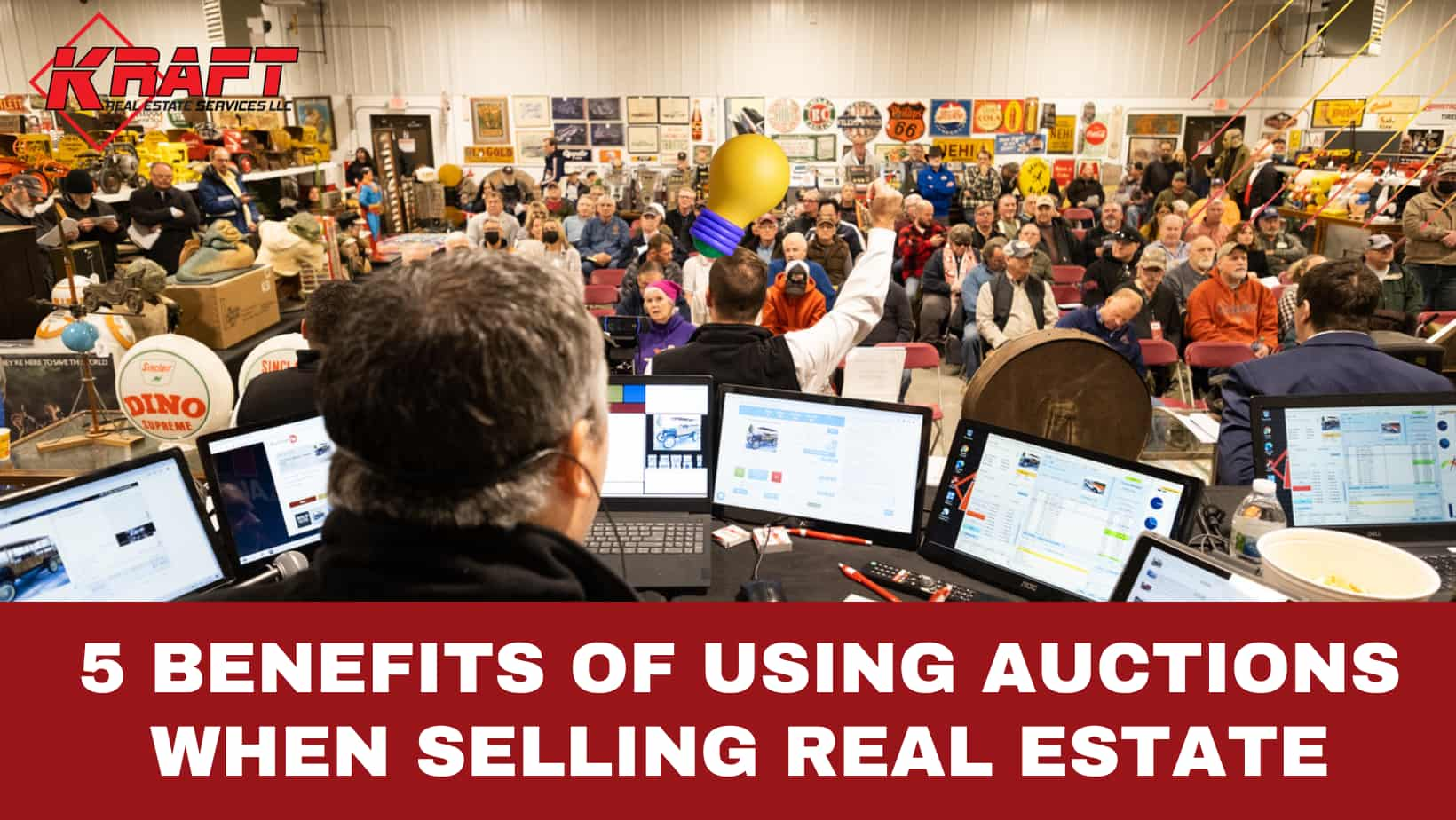What Is a Personal Property Auction and How Does It Work?
Personal property auctions are exciting events filled with unique finds and endless opportunities. From rare collectibles and antique furniture to everyday items with a twist, these auctions attract bidders of all interests.
9 months ago
What Is a Personal Property Auction and How Does It Work?
Personal property auctions are exciting events filled with unique finds and endless opportunities. From rare collectibles and antique furniture to everyday items with a twist, these auctions attract bidders of all interests. If you’re new to this world, the process might seem a little overwhelming—but don’t worry! This guide will break it all down for you, providing the knowledge you need to feel confident and ready for your first auction.
Whether you’re interested in selling items or hoping to score a unique find, understanding the ins and outs of personal property auctions is key. Let’s dive into what they are, how they work, and what makes them such a dynamic way to buy and sell.
What Are Personal Property Auctions?
At their core, personal property auctions are events where movable items are sold to the highest bidder. Unlike real estate auctions, which focus on properties like homes or land, these auctions deal with items you can take home with you. Examples include:
- Furniture
- Artwork
- Jewelry
- Tools and equipment
- Collectibles, antiques, and vintage items
Each item or group of items, called a “lot,” is presented to bidders. The auctioneer starts the bidding at a predetermined price (or lets bidders start it themselves), and the item is sold to the highest bidder. Auctions can be held in person, online, or in hybrid formats, giving everyone a chance to participate.
How Does the Auction Process Work?
If you’re curious about what happens at a personal property auction, here’s a step-by-step overview:
- Preparation
Before the event, the auction team catalogs and appraises items. Photos and descriptions are made available online or in brochures to properly showcase the items and attract buyers. - Marketing
Auctioneers promote the sale through social media, websites, and local advertising to ensure the sales reaches its target audience and achieves a competitive bidding environment. - Preview Period
Potential bidders can inspect items in person or view them online. This preview helps participants assess the value and condition of items they’re interested in. - Bidding
On auction day, participants bid against each other until each item reaches its maximum price and the item is declared as “sold.” Depending on the auction format, bids may be placed in person, online, or over the phone. - Payment
The winning bidder pays for the item, including any applicable fees, such as a buyer’s premium (a percentage of the sale price) and taxes. - Collection
Once payment is complete, the buyer can collect their items during the auction’s specified pickup period. Depending on the auction, shipping or delivery options may be arranged. - Settlement
The auctioneer handles payment distribution, providing the seller with proceeds after deducting fees.
Why Participate in Personal Property Auctions?
Personal property auctions offer numerous benefits, whether you’re a buyer or seller:
- Unique Finds
Auctions are treasure troves of rare and one-of-a-kind items. If you love the thrill of discovering something special, auctions are the perfect place. - Great Deals
The bidding process often results in competitive pricing, giving buyers the chance to snag amazing deals. - Exciting Atmosphere
The energy of an auction, whether live or online, with participants vying for their desired items, is both fun and exhilarating. - Convenience for Sellers
Auctions provide an efficient way to sell a variety of items quickly while reaching a large, competitive audience.
Tips for First-Time Participants
If you’re new to auctions, here are some expert tips to help you make the most of your experience:
- Do Your Research
Before the auction, review the catalog of items. Research their values to set realistic expectations ahead of time. - Set a Budget
Decide how much you’re willing to spend on each item and stick to it. Utilize the maximum bid feature on online auctions to keep yourself in the game while respecting the budgetary limit you have set for each item. - Understand Terms and Fees
Every auction house has unique rules. Familiarize yourself with terms like buyer’s premiums, payment methods, and pick-up procedures. - Attend a Preview
Inspect items in person when possible to ensure they meet your expectations. Although all of our items are cataloged as accurately as possible, photos can’t always capture every detail. - Observe Before You Bid
If you’re nervous, tune in for a live, online, or simulcast auction (we have several each week) ahead of time to observe. This will help you understand the rhythm and strategy of bidding.
Avoiding Common Pitfalls
To ensure a smooth experience, keep these points in mind:
- Don’t Overbid: Stick to your budget and avoid emotional decisions.
- Read Descriptions Carefully: Pay attention to item details and condition reports.
- Ask Questions: If you’re unsure about something, ask the auction team for clarification.
- Plan for Pick-Up or Delivery: Understand collection logistics before bidding.
Let’s Start Bidding!
Personal property auctions are an exciting and rewarding way to discover unique treasures and find great deals. By understanding how they work and preparing beforehand, you can enjoy the thrill of bidding while making informed decisions.
Whether you’re a seasoned collector or a curious newcomer, Kraft Auction Service is here to help you navigate the auction process with ease. Explore our upcoming auctions and uncover the perfect find waiting just for you!
